
“This makes me cry. These were the only photos I had of my grandfather Hasan. And this is just a small number of poetry books I had.
Everything is gone. And Gaza is still bleeding.
I will never forgive.”
–Mosab Abu Toha, Palestinian poet and writer in Gaza (caption to the above image)
One hundred days. That’s how long we’ve watched the Gaza Genocide.
Lately, I am encouraged by acts of resistance and attempts to hold Israel accountable. Lately, I am deeply saddened by the ongoing reality of loss in Gaza.
Mosab Abu Toha recently shared a photo of his bookshelf, above. It’s full of poetry books and photos of his grandfather. They were taken from him, destroyed on November 4th by an Israeli bombing of his home in Gaza.
November seems like years ago now. October 7th, a hundred years ago, some Palestinians say.
It is 100 days later, and it’s only recently begun to feel something like progress toward ending the barrage on Gaza. 400,000 march for Palestine in Washington DC. The Houthi resistance out of Yemen holds back ships headed for Israel. South Africa tries to hold Israel responsible for genocide in the International Court of Justice.
It is poignant that South Africans, who liberated themselves from apartheid, are leading the case for Palestinian freedom. There is hope that the Israeli, American, and complicit governments will be taught they are not above international law, particularly as elected officials haven’t listened to the people they represent. If charged, the UN top international court can order immediate provisional measures to protect life in Gaza, including a ceasefire and humanitarian aid, as they determine whether to proceed with a trial.
The results of the case remain to be seen, and it will surely be the unity of the people in Palestine and around the world that leads to lasting change and true justice, but this symbolic case already signals a paradigm shift. For example, the Nakba, the violent Israeli military occupation, and 75 years of ethnic cleansing of Palestine are being discussed on a world stage. In addition, some of the evidence of genocide1 being presented in court are videos captured by the steadfast Palestinian journalists and civilians in Gaza. Videos that we watched and shared on social media are further proof that elevating voices from on the ground has mattered.
Simultaneously, the exhaustion of those same Palestinian writers and journalists who’ve been live streaming their losses, deaths, and experiences for us keeps me awake as I share in their desperation for an end to the madness.
Though the resistance movements are taking root, Gaza is still bleeding. I cannot imagine the price they have paid to both live through and document genocide.
Photojournalist Motaz Azaiza is only 24 years young and his hair and beard are graying. He doesn’t know if he’ll be able to overcome ongoing traumatic stress to live any kind of normal life after this, one where he gets to travel and seek to fulfill his dreams.2 He is a special storyteller, but his experience is not unique. This same trauma has pierced every Palestinian in Gaza, most of whom experienced several escalations and wars before this one. What they endure would be called PTSD if there were ever an end or past-tense to the traumatic event. This is the present, ongoing tense for those held by Israel in the Gaza Strip under blockage, siege, and endless bombardment.
Gaza has been bleeding.
I think of Mosab losing his books and his grandfather all over again. What is it to hold both hope and anguish? Maybe the poets know best. Though I am nearly out of things to say, I do know ways to be: that is to be caring, be present, be writing.
Today I want to remember the role of the artist. I want to embody being one, to be part of the way social change is often premeditated by creative work. To work in solidarity with Mosab and Motaz and all the other storytellers who create for a better world. To take my place in preserving and archiving history. To seek the beauty in far greater measure than the bleeding. To leverage the power of poetry which invites us beyond borders, conditioning, and individualism. To step into imagination, curiosity, and connection.
When I run out of words, this is how they find me again: through the poets and through my own attempts at poetry.
Practice holding with open palms the notion that poetry can and is doing something, and that doing nothing still isn’t an option. Things can and will change. We have to believe that liberation is possible. But, perhaps it can't be done without the poet. The work of the poet and poetry is to change the world.3
I wrote “Tender Spots” after Naomi Shihab Nye’s poem called “Jerusalem”.
Tender Spots
by Shelby Mathis
There were things claimed that day,
when we saw them lay salt on the street
to grind the living stones down smooth.
They murdered, each one of them, and it killed me
when the covered women said: don’t worry
about the cracks of that rifle or the desperate sound
of bringing a rock to a gunfight.
The steps Eschered out forever as I ran
into the tender places before Damascus Gate
as the occupied and the occupier each tasted
the radical existence of the other on a Sunday morning,
mourning with blades and bullets all that life
had forgotten to give them.
Moving along is everything that comes next
when life forgets to give us a way to save it all.
Spot the soldier perched in the turret
like a box seat in the theater
either signing two men down,
or signing peace. How we blur harmony
and harm in the holy land would be poetic
if it weren’t so catastrophic.
And I, always with the questions about why
I saw them leaving souls on the road to bleed.
And I, my tired so far from collapse,
I won’t go back to sleep.
More ways to take action.
Read Palestinian poetry. These artists help me wrestle with the senseless and breathe hope into my hardened places. I hope you’ll read them.
Things You May Find Hidden in My Ear by Mosab Abu Toha
“We Teach Life, Sir” spoken word from Rafeef Ziadah
19 Varieties of Gazelle by Naomi Shihab Nye
Before the Next Bomb Drops by Remi Kanazi
Rifqa by Mohamed El-Kurd
Writing the Camp by Yousif M. Qasmiyeh
Join the Let’s Talk Palestine broadcast channel on Instagram for the latest updates on the ground, global acts of resistance, and news from Gaza and greater Palestine.
An organization I’m supporting that has a long history in the Middle East and is helping Palestinians where they can in Gaza is Donkeysaddle Projects. The genocide has meant an always-changing situation, but I’ve witnessed important ways they’ve been leveraging their resources and network to help with immediate needs, specifically with distributing aid and getting funds to Palestinians in Gaza for basic necessities during this massive crisis. At its core, DSP is an organization of storytellers who use film, art, advocacy, and education to engage liberation movements and inspire justice. They are in the middle of a critical, urgent fundraiser as the founder is trekking the Continental Divide Trail for 450 miles to raise support and awareness for Palestinians in Gaza, and community members they evacuated from Gaza to Cairo, Egypt.
Super easy way to support Palestinians in Gaza through this horrific genocide: buy an eSim at Nomad (Middle East region), use the code SHEL64QG for a discount. Then email a screenshot of the QR code in your confirmation email to gazaesims@gmail.com. This proven project is distributing the cell data we purchase to the thousands of people have suffered more than 300 days of bombing and inadequate basic needs of food, water, and electricity. Help Palestinians in Gaza stay connected to each other and the world.
I’ll be back with new posts in February. Until then, I’m taking a break from newsletter writing to travel with my husband, edit my memoir manuscript, and prepare for what’s ahead for Wandering Home.
Until then,
Read related posts.
Unsure about using the term “genocide”? Read more about the numerous war crimes Israel has committed in this post from the Institute for Middle East Understanding (IMEU).
This reference comes from writer and civil rights activist James Baldwin: “The poet or the revolutionary is there to articulate the necessity, but until the people themselves apprehend it, nothing can happen. Perhaps it can't be done without the poet, but it certainly can't be done without the people. The poet and the people get on generally very badly, and yet they need each other. The poet knows it sooner than the people do. The people usually know it after the poet is dead; but that's all right. The point is to get your work done, and your work is to change the world.”





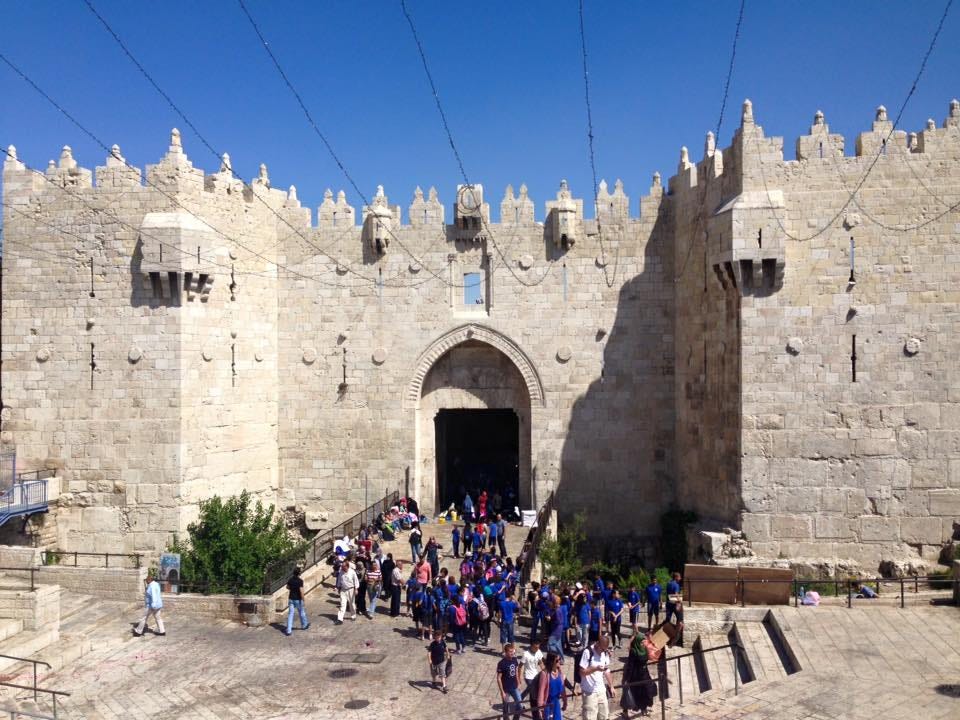
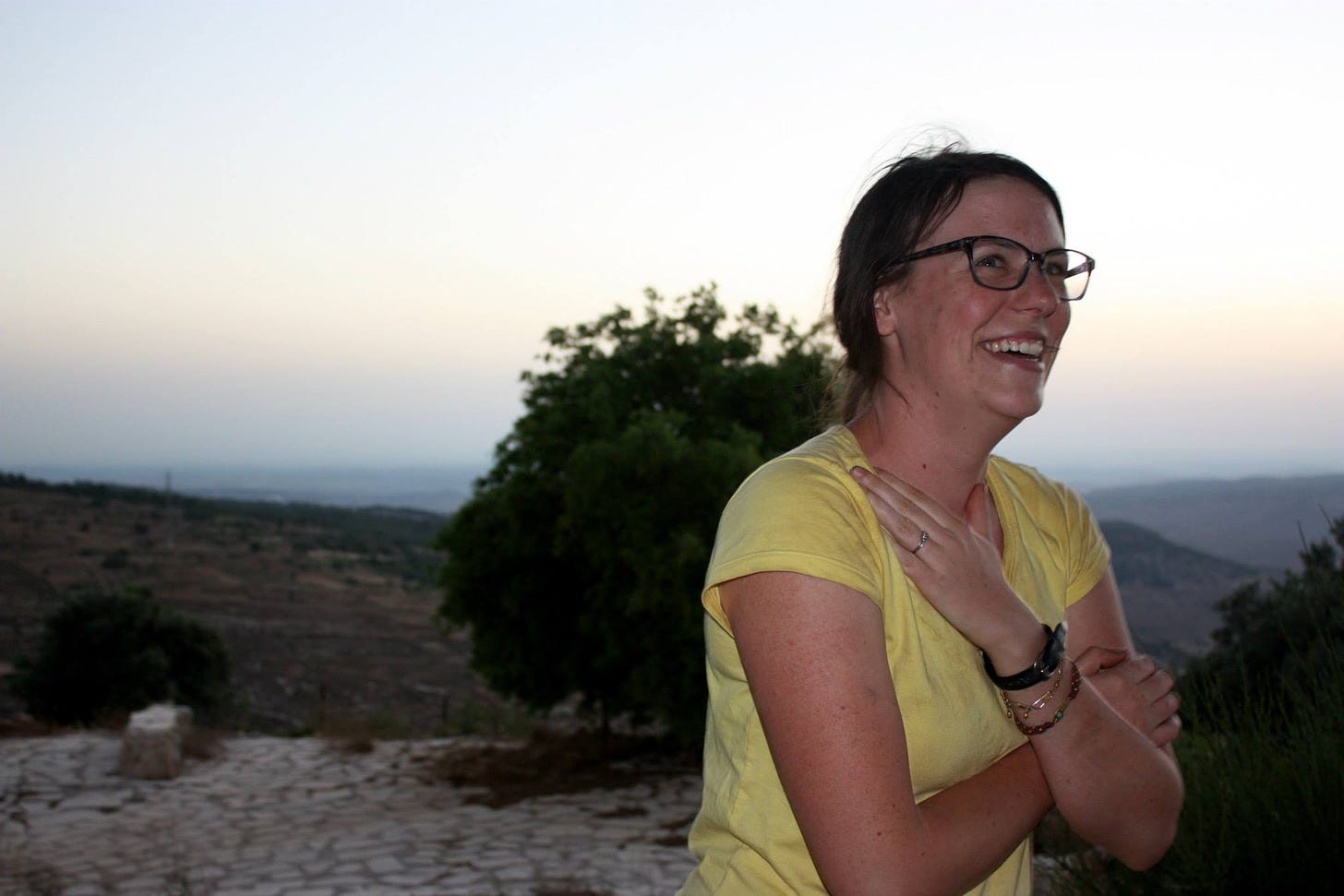

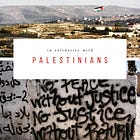
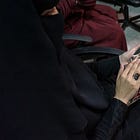
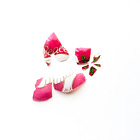
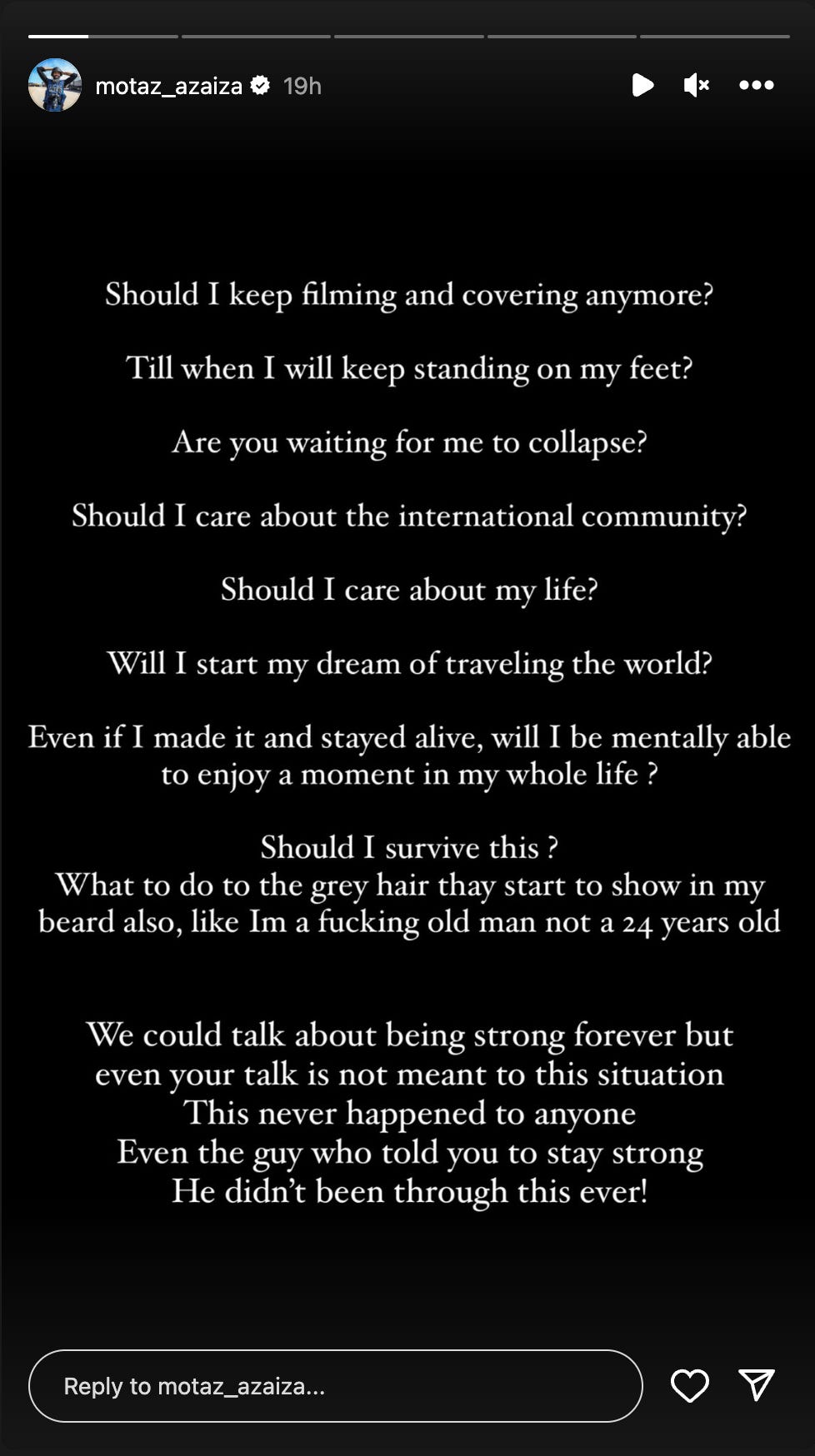
Love this so much. Your words are tender and powerful all at once.